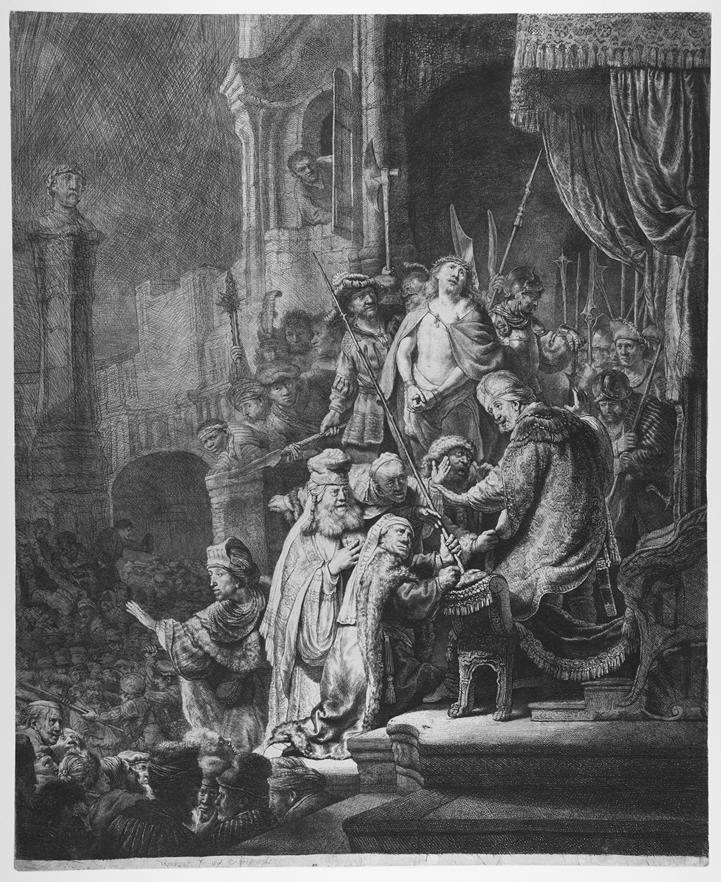To the leaders of the Free Speech Movement of the 1960’s, self-censorship—once known as civility and decorum—was as dangerous as the social enforcement of civility by private organizations and by public educational institutions, and those social norms were, in turn, just as destructive as attempts by government to limit the freedom of speech guaranteed by the First Amendment. Yet the chief aim of the Free Speech Movement was not the same as the aim of the authors and ratifiers of the First Amendment. The provision that “Congress shall make no law . . . abridging the freedom of speech” was intended to prevent a legal stifling of political debate that would allow a dominant faction in the federal government to concentrate power at the expense of the states and the people. (We can see how well that worked.) That freedom of speech would eventually be invoked to defend the word f–k, the depraved imagination of Larry Flynt, and even the promotion of murder would have boggled James Madison’s mind.
The ultimate aim of the Free Speech Movement, on the other hand, was to make a decisive break with the institutions and practices that had emerged from, and sustained, what we once called Christendom. Those who rallied behind the banner of free speech recognized that words had power—both the power to build up and (more importantly for their purposes) the power to tear down. Those who want to create and sustain civilization and those who wish to destroy it have the same tool at their disposal.
Back then, as free speech progressed from tittering over the seven dirty words to campus sit-ins to throwing firebombs both figurative and literal, some conservatives (more of the Kirkian variety than of the Nixonian one) recognized the Free Speech Movement for what it was: less of a political threat than a civilizational one. The importance of civility and decorum is no more self-evident to those who have never exercised them than the need for a knife and a fork is to the barbarian who is used to eating with his hands. Restraint in speech, like table manners, is a learned behavior, and a mark of civilization.
While table manners speak to man’s sense of his own dignity, a man can remain dignified if forced, by circumstance, to grab a turkey drumstick or to cup his hand in a running stream. Civility and decorum in speech, however, reflect something even deeper: the recognition that speech is a moral act and, therefore, that the choice of one’s words matters. Language can reveal the truth, or it can deceive; and the chief reason we choose words that reveal the truth is to communicate that truth to others. And we attempt to communicate truth to others not to do damage to them, but because we know that the truth is something they need to know.
The constructive use of language, then, is tied very closely to tradition—not tradition as a collection of things that are passed down but, as Josef Pieper saw it, an action that conveys truth from person to person and from generation to generation. Indeed, language is the chief vessel of tradition, properly understood. And for Christians, all truth has both its root and its end in the Truth that created and sustains us, and that gave Himself to save mankind because we chose to believe, and then to imitate, the Father of Lies. It is no mere coincidence that John calls that Truth the Word.
A funny thing happened, though, over the last 50 years, reaching its apotheosis in the past few. An increasing number of those who declare themselves the defenders of civilization and of Christianity have come to regard civility and decorum not as aids in communicating the truth but as shackles preventing “us” from triumphing over “them.” And so they have embraced the idol of free speech, for the same reason as those activists of the 1960’s whom they would never acknowledge as their forebears: They are more interested today in destruction than they are in preservation, much less in the construction of a truly Christian civilization. They attack not only their putative enemies (whom they resemble more than they will ever admit), but also those they would once have embraced as their allies, when the latter dare to suggest that words have meaning, that language is properly used to convey truth, and that the ends can never justify the means because all lies have their source in the Father of Lies, just as all truth belongs to the Word Who said, “I am the Way, and the Truth, and the Life.”
With Pontius Pilate, they dismiss truth as “fake news,” standing between them and political power, the modern equivalent of the friendship of Caesar. But Pilate, seeing the Man he had condemned to death hanging upon the Cross, wrote words of truth and defended them: “What I have written, I have written.” Early traditions claim that he was baptized and may even have suffered a martyr’s death. If so, we could use his intercession today.

Leave a Reply